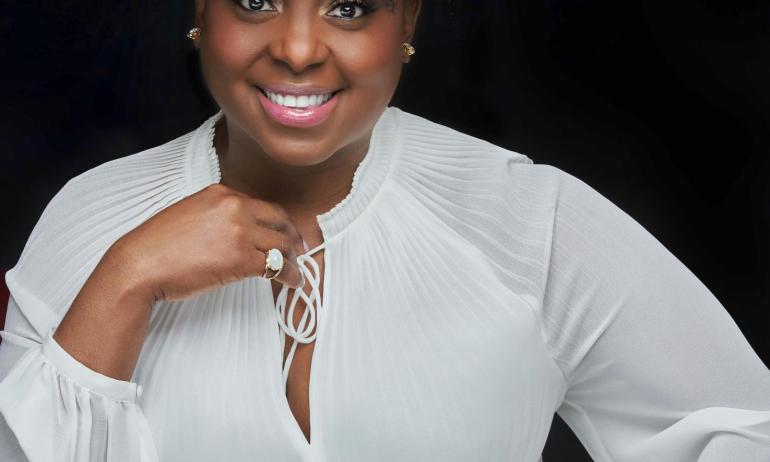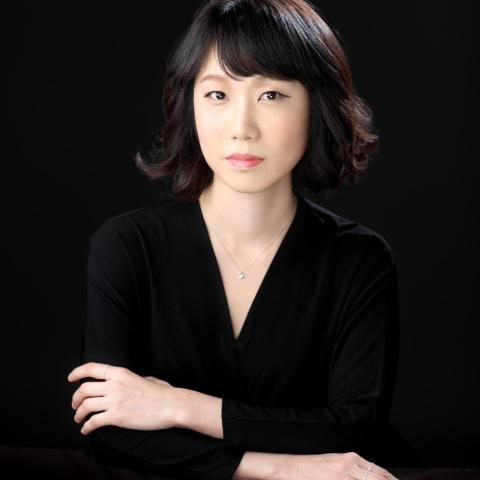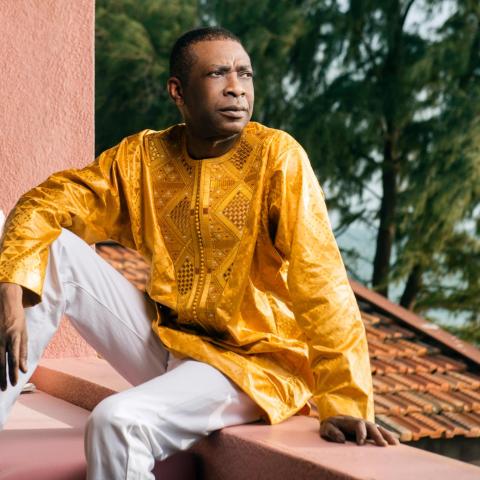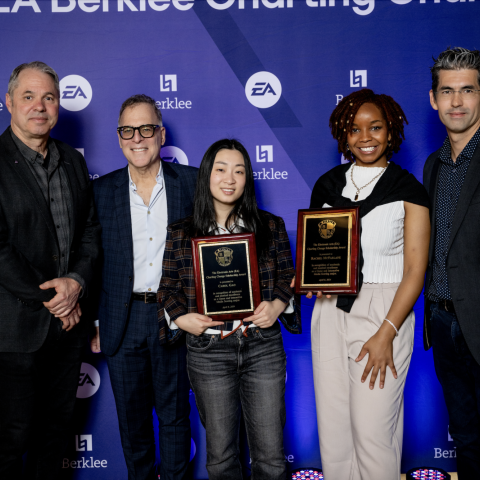Student Profile: Jordan Williams
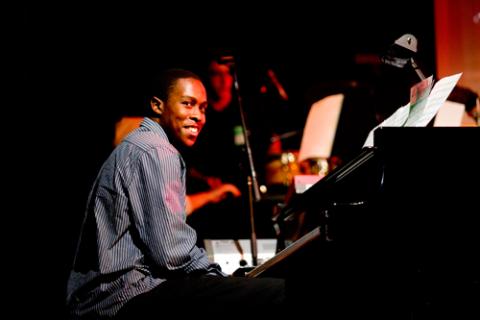
Jordan Williams of Philadelphia, Pennsylvania, concentrated on honing his jazz chops during this summer's Five-Week program.
Kelly Davidson

Williams first came to the Five-Week Summer Performance Program by way of a City Music Scholarship.
Kelly Davidson
Jordan Williams’s introduction to music was from behind a drum set, playing to the beat of his father’s jazz records: notably, Miles Davis’s My Favorite Things and John Coltrane’s Afro Blue Impressions. As young as 2, he didn’t fully understand what he was doing but the experience was formative nonetheless; years later, it was Coltrane’s “Moment’s Notice” that really got him hooked on jazz. Williams began studying music formally at age 7: taking classical piano through the Philadelphia Settlement Music School program, and soon after, jazz piano at the Philadelphia Clef Club of Jazz.
It was through the Clef Club, where he still studies today, that Williams, now 17, was nominated for and received a City Music Scholarship to the Five-Week Summer Performance Program. The experience was unforgettable; it opened up his playing and gave him the tools to approach his instrument from a new perspective. He knew he wanted to return and auditioned for the Jazz Workshop, led by artistic director and alumna Terri Lyne Carrington. In between private instruction, rehearsals for a BPC show, and classes in repertoire, improvisation, and jazz history, Williams talked about his experience here at Berklee.
The following is a condensed and edited version of a conversation with Williams.
How did the first Five-Week open up your playing?
The theory class really expanded my concept of rhythm. I play jazz, and improvisation is a main part of what jazz is. It really opened my mind up to different rhythms and different ways to approach melodies. It sharpened my knowledge of the modes and being able to play the different modes over certain chord changes. I had a pretty solid knowledge of that before I got here but it really went in depth with more jazz theory, harmonic structures, melodies, and whatnot.
What was it like being around all these musicians?
I felt like I was around all these like-minded people. They were just as serious about the music as I was. It was a humbling experience. I felt like I was able to learn from other people and collaborate musically.
I met musicians from all over: Tel Aviv, Toronto. . . Even though we didn’t all necessarily speak the same language, we all spoke the same language on our instrument. In the beginning it was like a feeling-out process as far as playing was concerned but as time went on we kind of got used to each other’s sound and how to gel together.
Tell me about the Jazz Workshop.
We learned a lot. In the improvisation class we learned how to play free music and free jazz. We really listened in to each other and to everything that was going on within a smaller ensemble. That’s one of the biggest things I think I got out of this—how to listen and how to feed off of others’ energy within the group. As far as my playing is concerned, I learned how to approach soloing differently. It’s really about sharpening my skills. One of the things I was working on this year was my left hand: soloing with my left hand as well and also comping less in my left hand while soloing with my right. Walking bass lines in my left hand is something I really worked on through the workshop.
Which made an impression on you?
Phil Person taught the repertoire class, and one of the biggest things I got out of that was learning a lot of bebop standards I should know but didn’t. We really honed in on that bebop style of playing.
My private piano instructor, Tim Ray, worked with me on my harmonies and upper structure triads, and how to utilize them, and helping me become more comfortable walking bass lines with my left hand while soloing in the right. He was a key part of my growth.
Terri Lyne Carrington has worked with so many great musicians, from Herbie Hancock to Wayne Shorter. I feel like she took the information that she learned on the road and shared that with us. She showed us how to become more professional, how to basically play like them to a certain extent.
You said you experienced playing in a Latin ensemble for the first time through Five-Week. How did that affect your playing?
Bernardo Hernandez taught that and one of the main things I got out of it was the concept of montunos, basically a piano riff or melody that you play a lot in Latin jazz. The rhythmic feel of it was a lot different. It was contrary to traditional bebop and jazz swing. I kind of got a little more in tune to the Latin jazz/salsa feel.

